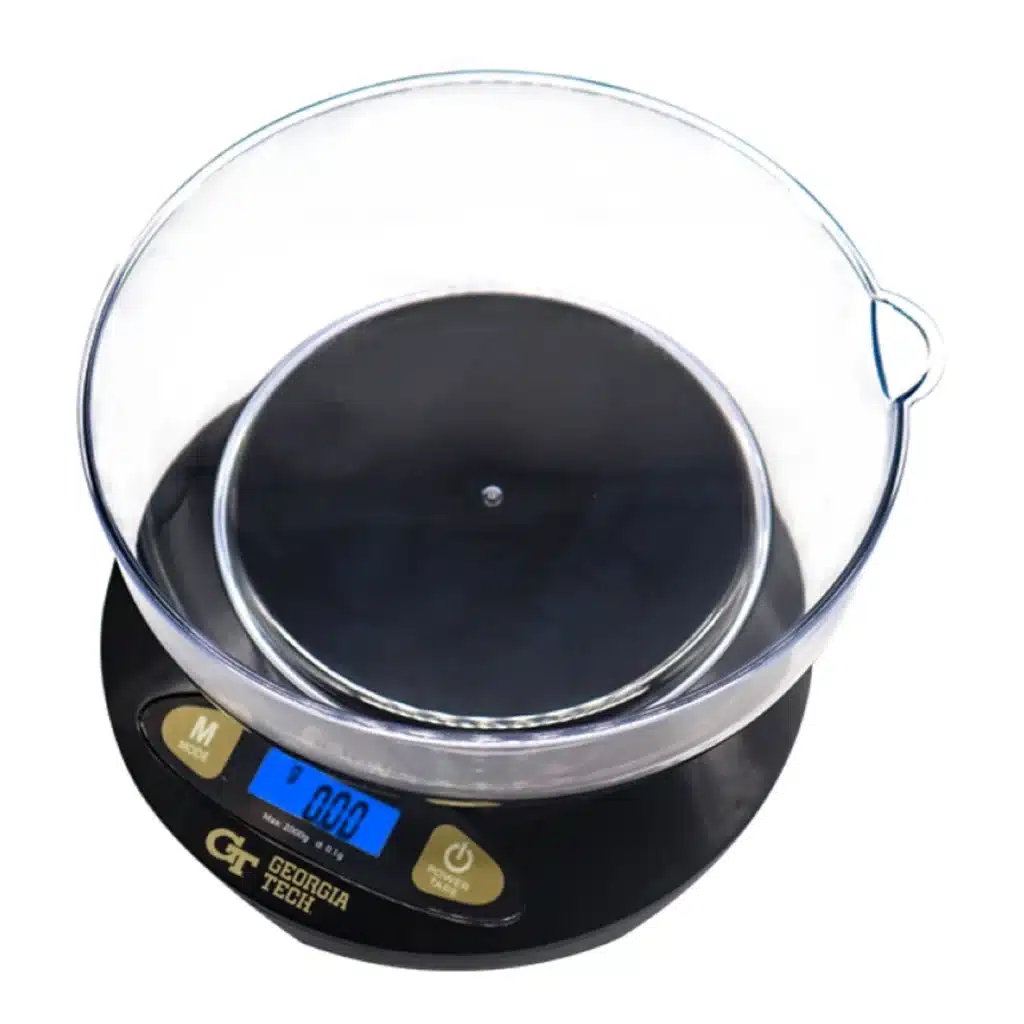Blog
Why Digital Scales Are Essential for Industrial Applications
In today’s fast-paced industrial world, accuracy and efficiency play a crucial role in every operation. From manufacturing plants to logistics hubs, industries rely on precise measurements to ensure product quality, reduce waste, and maintain regulatory compliance. Digital scales are becoming a vital tool in this situation. Unlike traditional weighing methods, digital scales offer advanced technology, reliable accuracy, and user-friendly features that make them essential in various industrial applications.
The Need for Accuracy in Industrial Operations
The foundation of any effective industrial process is accuracy. Whether measuring raw materials, finished products, or shipping loads, even the smallest error can lead to significant losses. Manual or analog scales often lack the precision required for modern industries, which can result in overuse of materials, incorrect shipments, or failure to meet industry standards.
Digital scales, on the other hand, provide high-precision readings that help businesses avoid such costly errors. Their advanced sensors and calibration systems ensure consistent accuracy, enabling industries to maintain strict quality control measures.
Enhanced Efficiency with Digital Scales
Time is money, especially in industrial settings. Traditional weighing systems may require more manual input, frequent recalibrations, or longer reading times, leading to delays. Digital scales are designed to streamline operations by offering faster results and user-friendly interfaces. Many models come with automated features such as tare functions, memory storage, and connectivity options that allow data integration with existing systems.
By reducing manual steps, digital scales help workers save time, minimize errors, and enhance overall productivity. This efficiency is particularly valuable in sectors such as food production, pharmaceuticals, and logistics, where speed and accuracy are equally important.
Versatility Across Industries
One of the main advantages of digital scales is their versatility. Numerous industries make use of them, including:
- Manufacturing: For weighing raw materials, components, and finished products to ensure standardization and cost control.
- Logistics and Shipping: To verify package weights for accurate billing and compliance with shipping regulations.
- Food and Beverage: To maintain portion control, reduce waste, and comply with health and safety standards.
- Pharmaceuticals: To ensure precise measurements of ingredients for medicine production.
- Agriculture: For weighing crops, livestock feed, and fertilizers efficiently.
Each of these industries benefits from the adaptability and precision that digital scales provide.
Compliance with Industry Standards
Accurate measuring is necessary since many sectors are subject to stringent rules and quality standards. Using an unreliable or outdated weighing system can result in compliance issues, fines, or even loss of reputation. Digital scales are designed to meet international standards, ensuring businesses remain compliant while maintaining transparency and trust with their clients and partners.
Cost-Effectiveness and Long-Term Value
While the initial investment in a digital scale may be higher compared to traditional scales, the long-term benefits far outweigh the costs. Improved accuracy reduces material waste, faster processing saves labor hours, and reliable data prevents expensive errors or rework. Furthermore, most modern digital scales are durable and require minimal maintenance, making them a cost-effective solution for long-term industrial use.
Advanced Features for Modern Needs
Today’s digital scales are equipped with smart technology to cater to the evolving needs of industries. Features such as wireless connectivity, touch-screen interfaces, and integration with enterprise software allow for seamless data management and real-time monitoring. These advancements not only improve accuracy and productivity but also enable better decision-making by providing valuable insights into operational performance.
Conclusion
In an era where precision, efficiency, and compliance are more important than ever, digital scales have become an essential tool for industrial applications. Their ability to provide accurate readings, streamline processes, and adapt to various industry requirements makes them a valuable investment for any business. By incorporating digital scales into daily operations, industries can enhance productivity, maintain quality, and stay competitive in a rapidly evolving market.

